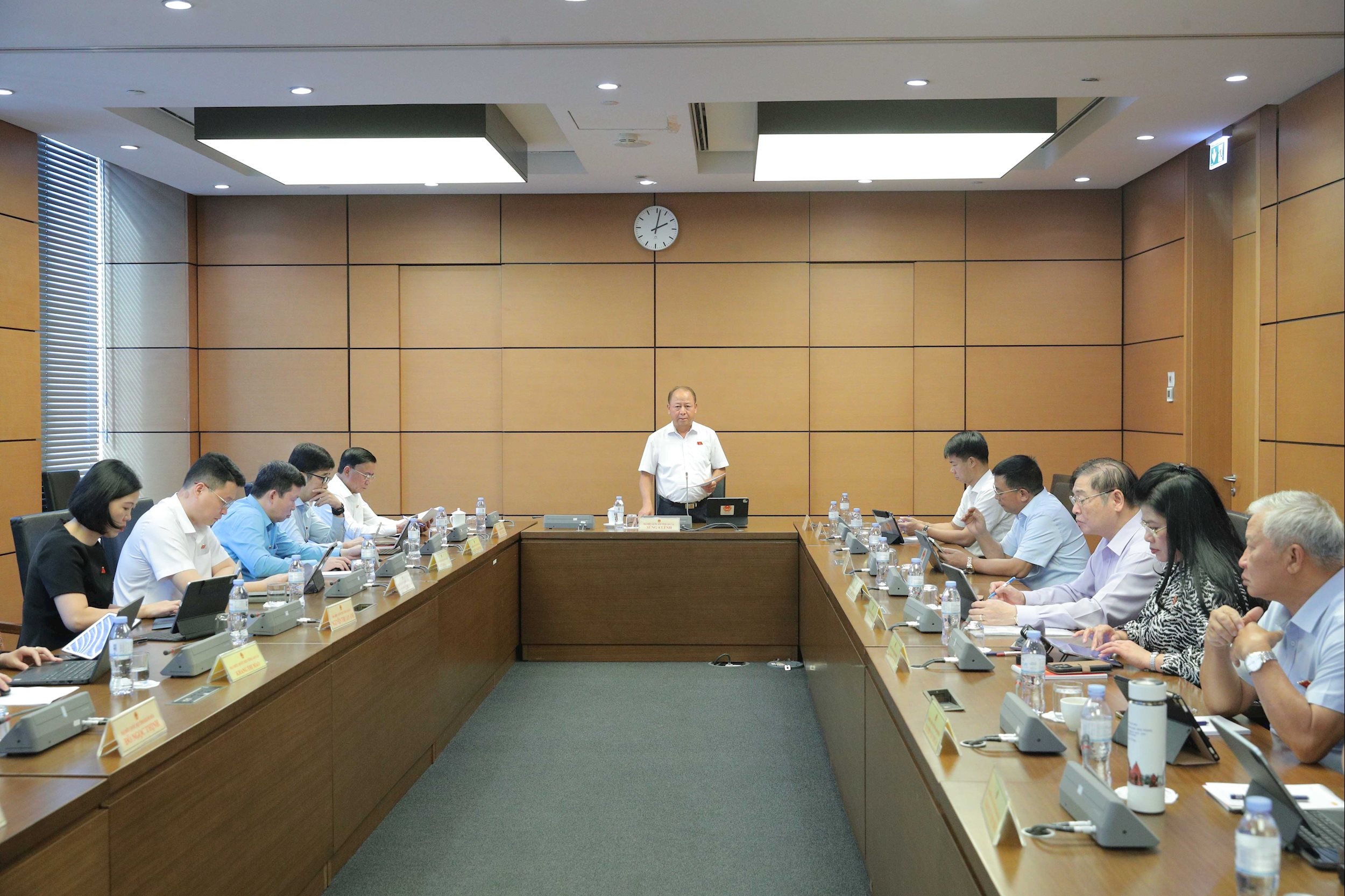
Continuing the agenda of the Tenth Session, on the afternoon of October 22nd, the National Assembly held group discussions on the draft Law amending and supplementing a number of articles of the Law on Education ; the draft Law on Higher Education (amended); and the draft Law on Vocational Education (amended).
Permanent member of the Party Central Committee Secretariat Tran Cam Tu attended the discussion session in Group 4 (comprising the National Assembly delegations of the provinces of Khanh Hoa, Lai Chau , and Lao Cai).
Delegating authority to a deputy will increase flexibility.
Commenting on the draft Law on Vocational Education (amended), the delegates expressed their agreement with the Government's submission and the verification report of the Committee on Culture and Social Affairs.
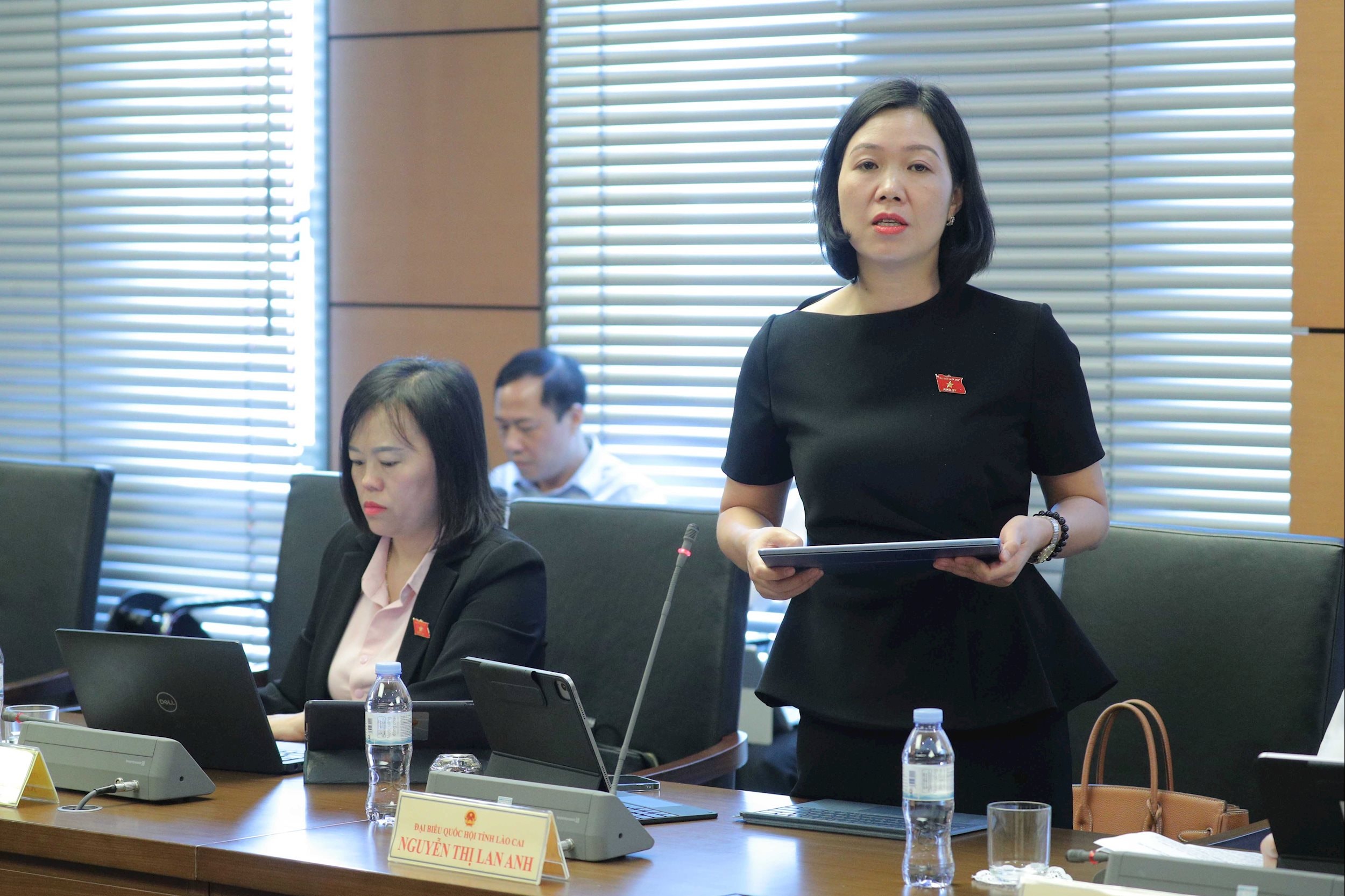
In a specific comment, National Assembly Deputy Nguyen Thi Lan Anh (Lao Cai) stated that Clause 1, Article 6 on training programs, objectives, and diplomas and certificates stipulates: Training programs in vocational education include elementary level training programs, intermediate level training programs, college level training programs, vocational high school education programs, and other vocational training programs.
According to the delegates, "other vocational training programs" could include short-term vocational training courses.
In practice, vocational training currently takes many forms, such as: regular training based on learner needs; refresher courses and updating of vocational knowledge and skills; training lasting less than three months; or training in the form of internships and apprenticeships to help learners improve their skills before applying for jobs.
However, delegates expressed concerns that the draft Law stipulates that the Minister of Education and Training shall provide detailed guidance on the issuance of diplomas and certificates; it does not clarify the management mechanism for other types of training. Therefore, delegates proposed adding a provision assigning the Government the responsibility to provide detailed guidance to ensure consistency and feasibility in implementation.
According to the draft, the head of the vocational education institution will issue diplomas and certificates to learners. This regulation is consistent with current practices in Vietnam and in many countries, ensuring centralization and individual responsibility in the management and issuance of diplomas and certificates.
However, in practice, vocational training, especially short-term courses (under 3 months) or regular refresher courses, involves a very large number of trainees and continuous class opening, particularly within national target programs. Many classes are organized in villages and remote areas far from urban centers.
Therefore, if the regulation stipulates that only the head of the organization signs the certificate, it will be difficult to implement, especially when the head is away on long business trips. The representative suggested that the draft Law should allow deputies to sign certificates for continuing education, while formal diplomas must still be signed by the head of the organization. This regulation would both reduce administrative procedures and ensure the timely issuance of certificates.
.jpg)
This opinion was supported by National Assembly Deputy Ha Duc Minh (Lao Cai). According to the deputy, adding a regulation that allows the head of an institution to delegate the authority to issue training certificates when necessary will increase flexibility, reduce administrative procedures, and ensure that certificates and diplomas are issued promptly, in line with the reality of decentralized, multi-institutional training organizations and the trend of increasing autonomy for vocational education institutions in accordance with the spirit of the law.
To prevent the widespread and irregular issuance of certificates, delegate Nguyen Thi Lan Anh suggested that there should be strict regulations, clear responsibilities, enhanced quality control, and assurance of the legal validity of issued certificates.
Supplementing preferential policies for students
Regarding policies for students, Article 25 of the draft Law stipulates boarding policies for students from ethnic minorities belonging to poor or near-poor households, and students with disabilities, etc.
Representative Nguyen Thi Lan Anh argued that the current boarding policy for students is no longer appropriate.
Accordingly, ethnic minority students and students from poor and near-poor households receive scholarships and social allowances ranging from 100,000 to 140,000 VND per month. This is a low amount given the rising prices of goods and the increase in the basic salary. Therefore, the government needs to review and adjust the support levels, and at the same time, synchronize the policy system for learners in vocational education.
Also related to preferential policies for students, National Assembly Deputy Hoang Van Binh (Lai Chau) proposed that it is necessary to supplement preferential admission policies and support tuition exemption and reduction for young people who have completed their military service and discharged police to ensure good policies for the military's rear.
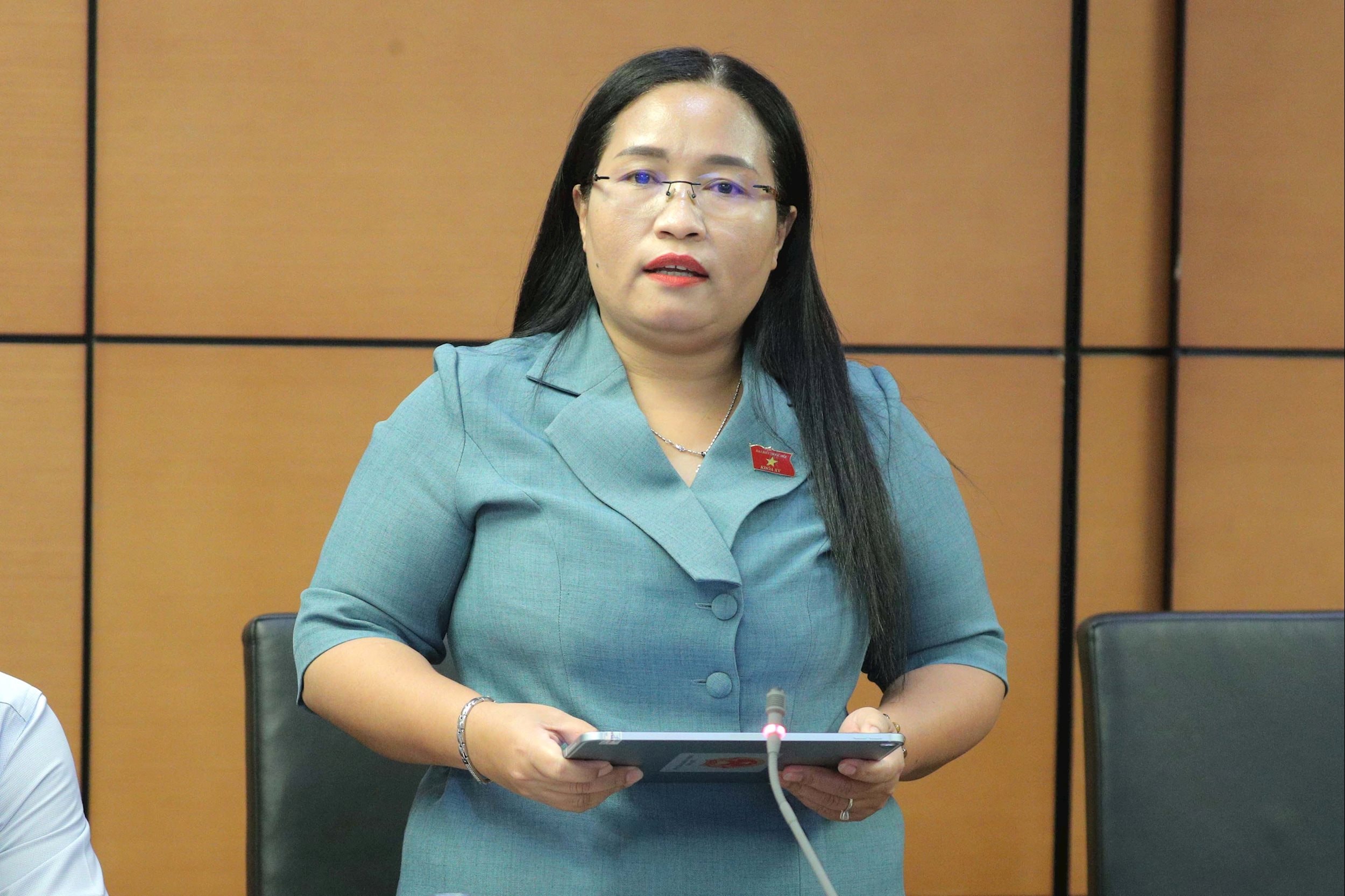
The regulations clearly stipulate that the instructors must be artisans.
Regarding the required professional qualifications for lecturers and teachers, the draft Law stipulates: a university degree or higher for college lecturers, secondary school teachers, and vocational high school teachers teaching theory or integrated subjects; a college degree or higher for college lecturers, secondary school teachers, and vocational high school teachers teaching practical subjects; and a secondary school degree or higher for primary school teachers.
National Assembly Deputy Chamaléa Thị Thủy (Khánh Hòa) observed that this regulation makes it difficult for highly skilled artisans to have the opportunity to become lecturers, teachers, or vocational instructors at vocational education institutions.
Therefore, it is necessary to add regulations regarding the standard qualifications of lecturers, teachers, and vocational instructors who are highly skilled artisans.
The delegates also proposed adding a regulation stating that "the Minister of Education and Training shall issue and guide the implementation of the internal quality assessment system framework" to ensure the uniformity and consistency of vocational education institutions nationwide.
Regarding standards for evaluating and verifying quality, regulations on standards for evaluating and verifying the quality of vocational education products after training should be added.
Tuition fees are one of the most discussed issues in the draft Law on Vocational Education (amended).
Article 37 of the draft Law stipulates that public vocational education institutions have the autonomy to determine tuition fees, provided they do not exceed the ceiling set by the Government.
According to delegate Nguyen Thi Lan Anh, this regulation is generally appropriate, especially for vocational schools that provide mass training.
Currently, to improve the quality of training and labor productivity, and to ensure training is relevant to reality, key national, ASEAN, and international vocational training schools require high-standard skills for graduates, with a practical training ratio of up to 70%, resulting in significant costs for materials. Maintaining the current price levels would make training in these schools very difficult.
Therefore, delegates suggested that consideration should be given to supplementing regulations or entrusting the Government with the authority to regulate. For strenuous occupations, where consumable materials are non-renewable, guidance should also be provided to training institutions to ensure the effectiveness and quality of training.
Source: https://daibieunhandan.vn/ap-hoc-phi-dai-tra-se-kho-cho-truong-day-nghe-trong-diem-10392472.html








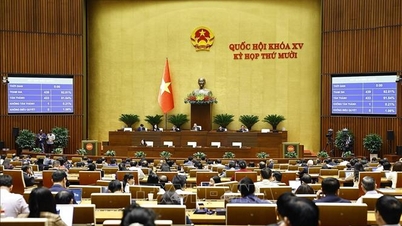

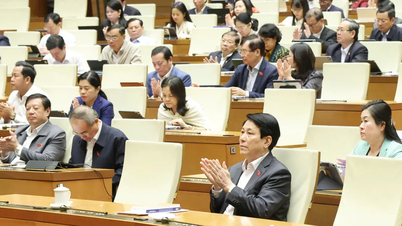



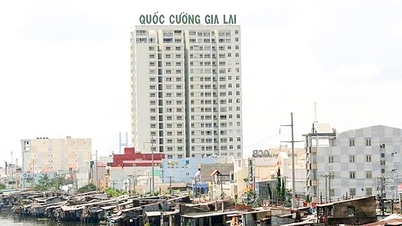

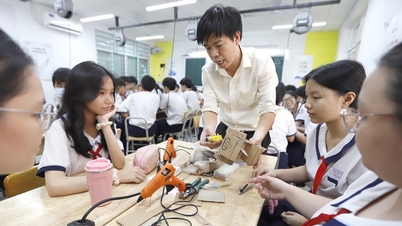
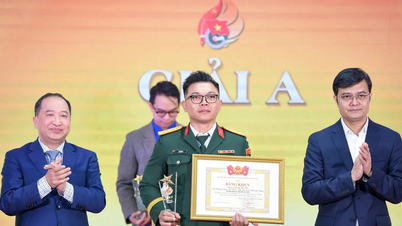
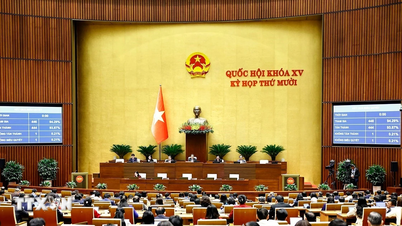

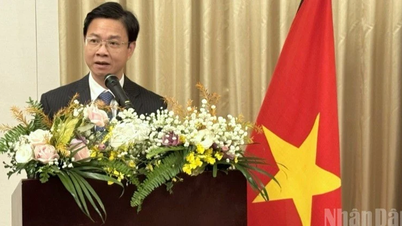

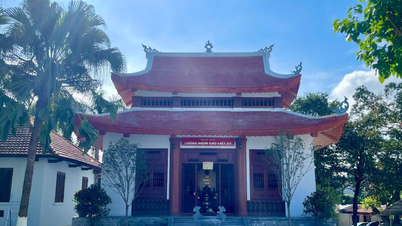

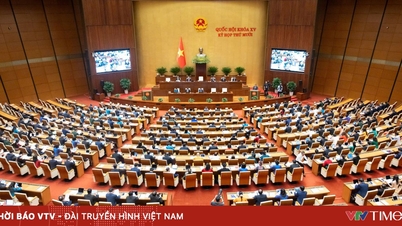

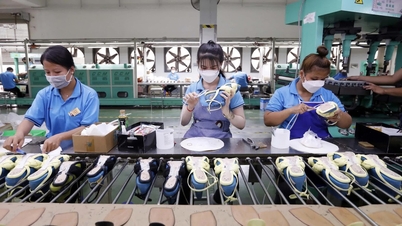

![[Video] National Assembly passes the amended Civil Servant Law with 92.39% of delegates voting in favor](https://vphoto.vietnam.vn/thumb/402x226/vietnam/resource/IMAGE/2025/12/10/1765379039932_1-6690-3945-png.webp)




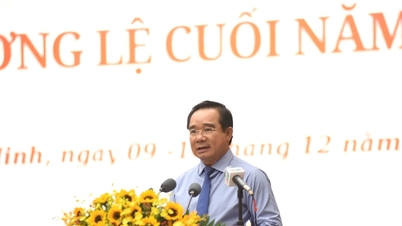
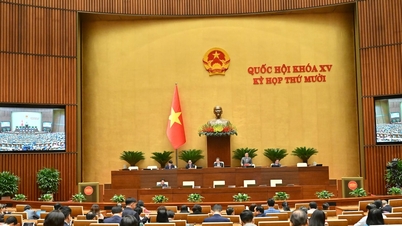

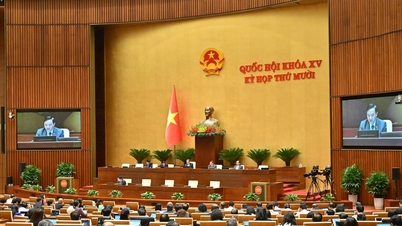
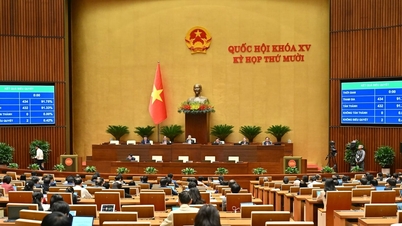
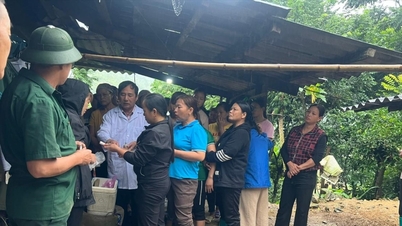





![[Video] The craft of making Dong Ho folk paintings has been inscribed by UNESCO on the List of Crafts in Need of Urgent Safeguarding.](https://vphoto.vietnam.vn/thumb/402x226/vietnam/resource/IMAGE/2025/12/10/1765350246533_tranh-dong-ho-734-jpg.webp)
































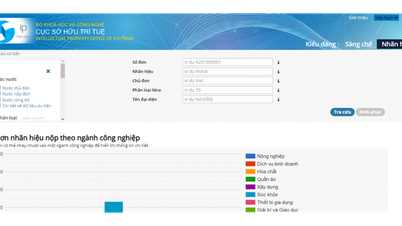




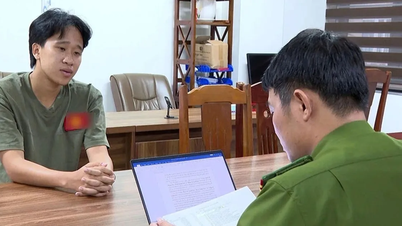
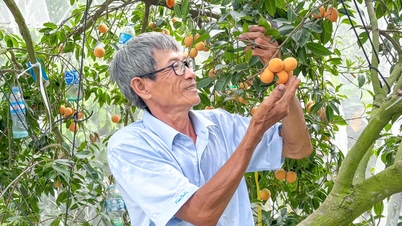

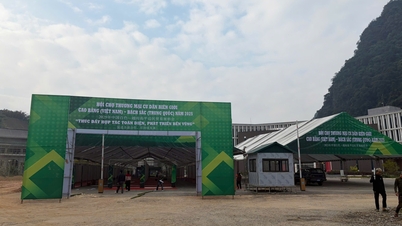

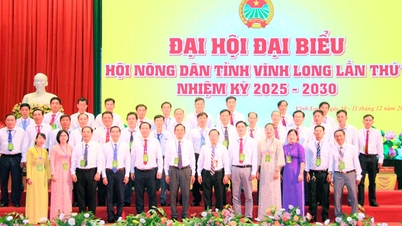
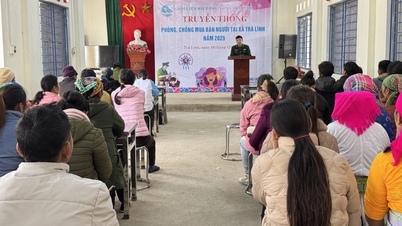



















Comment (0)